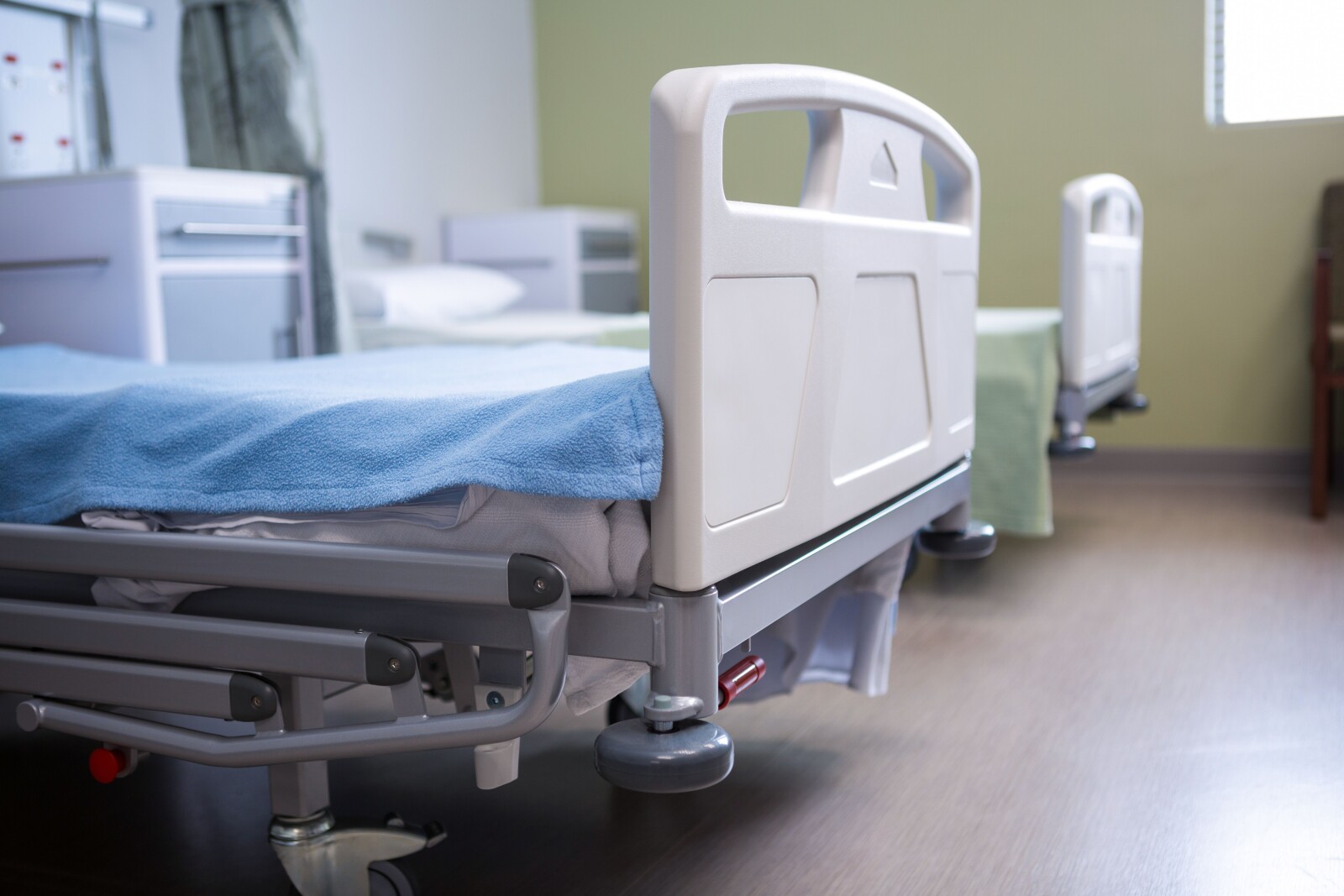Respiratory Issues and Cancer Caused by Philips CPAP Machines
Cited to be causing potential toxic chemical and carcinogenic exposure, Philips has recalled millions of CPAP, BiPAP, and ventilator machines. These machines are all utilized by individuals who suffer from cancer, lung issues, or other medical problems.

Through use of these machines, however, their problems were only made significantly worse than before. To seek justice for this negligent exposure to such chemicals, these individuals are now part of an open mass tort that began in the spring of 2021.
Use of CPAP, BiPAP, and Ventilator Machines
The importance of CPAP, BiPAP, and ventilator machines for those who are suffering from cancer or lung issues is astronomical. The importance of these machines was even more so seen in the midst of the COVID-19 pandemic, with many of those who were hospitalized being put on such machines.
Continuous positive airway pressure, CPAP, machines are a machine that are commonly in the treatment plan of sleep apnea. These machines, like the ones manufactured by Philips, can be utilized by individuals at home.
A bilevel positive airway pressure, BiPAP, machine is in relation to the CPAP machine. The difference comes with the BiPAP machine providing two different levels of air pressure for breathing in and breathing out. This machine is also commonly used in the condition of sleep apnea and other respiratory conditions.
In the case of respiratory failure, when the difficulty of breathing is not providing enough oxygen to the blood, a ventilator is required.
Defect of Philips Machines
In June 2021, the Food and Drug Administration stated that Philips was recalling specific different types of breathing machines due to a certain defect.
The defect in these machines begins with the polyester-based polyurethane (PE-PUR) foam that is used in the devices to reduce the sound and vibration was noted to be breaking down.
As this foam breaks down upon usage of the machines, small pieces of black foam and other chemicals can be inhaled or swallowed by the individual, unbeknown to them.
The specific machines that are listed in the recall include:
- A-Series BiPAP A30
- A-Series BiPAP A40 (ventilator)
- A-Series BiPAP Hybrid A30
- A-Series BiPAP V30 Auto (ventilator)
- C-Series ASV (ventilator)
- C-Series S/T and AVAPS
- DreamStation
- DreamStation ASV
- DreamStation Go
- DreamStation ST, AVAPS
- Dorma 400
- Dorma 500
- E30
- Garbin Plus, Aeris, LifeVent (ventilator)
- OmniLab Advanced+
- REMstar SE Auto
- SystemOne ASV4
- SystemOne (Q-Series)
- Trilogy 100 (ventilator)
- Trilogy 200 (ventilator)
Health Effects of Polyester-based Polyurethane Inhalation
The effects of inhaling this foam are plentiful depending on the exposure time while using these certain machines. A known carcinogen, high exposure can also cause:
- Nausea and vomiting
- Dizziness
- Lightheadedness and fainting
Repeated exposure can also cause damage to the kidneys and liver along with negative effects to the brain and bone marrow.
Legal Rights of Those Affected by Philips Machines
If you or a loved one has been affected or injured by any of the recalled Philips machines, then you may have legal rights to compensation. Filing a lawsuit against Philips can help to recover financial damages for you and your loved ones.
Compensation From Paragard IUD Defect Damages
Filing a lawsuit to seek compensation for damages caused by the defect of the Philips can be very successful. In current cases, plaintiffs are seeking compensations for:
- Medical bills
- Lost wages
- Pain and suffering
- Emotional distress
- Brand negligence
Retaining a law firm to assist with filing and following through with a lawsuit can be extremely beneficial to you and your case. Finding a law firm that has experience with mass tort actions, class action lawsuits, or other complicated litigation can also be beneficial to the outcome of your case.




